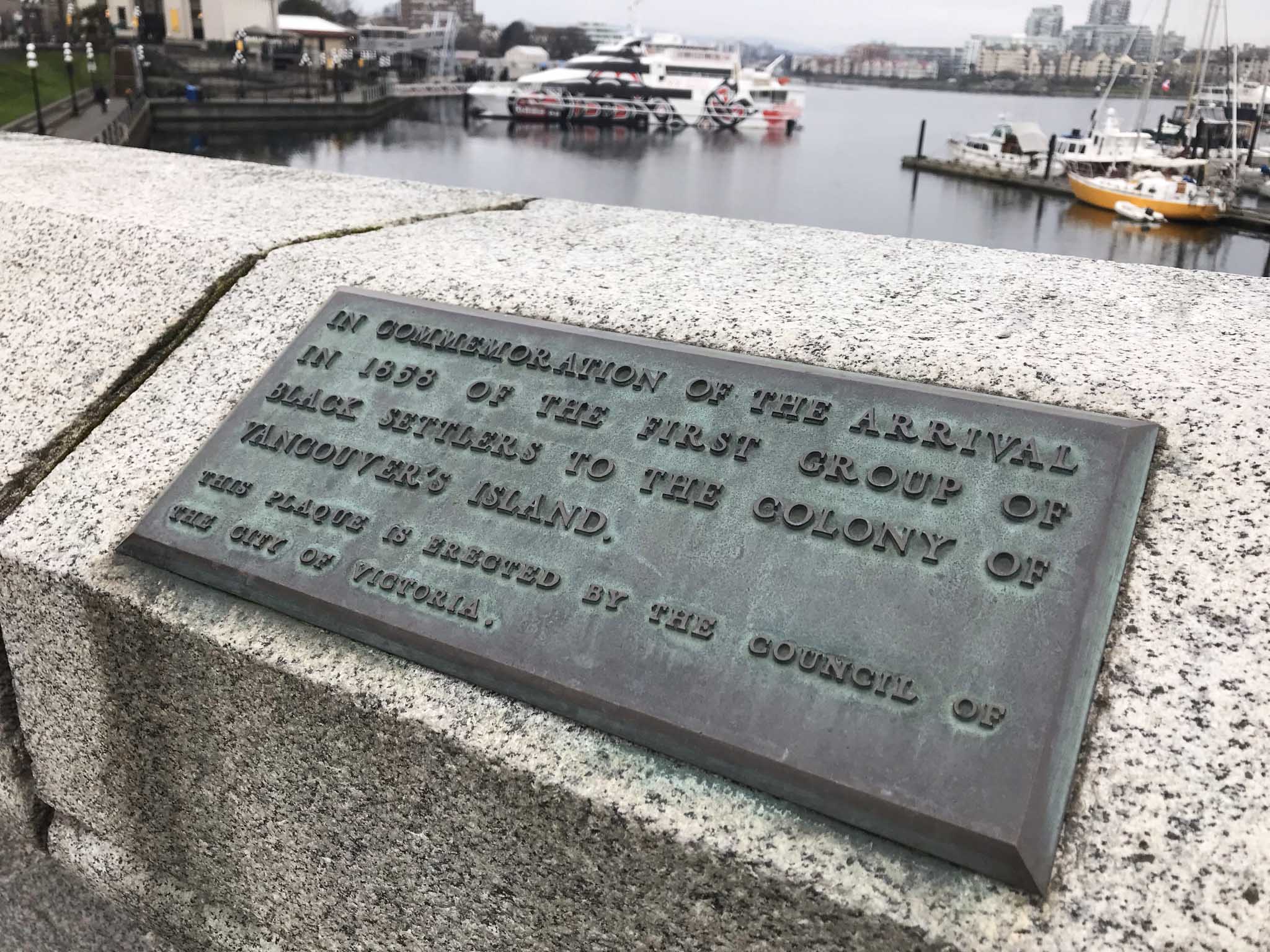During the 1850s, racial animosity was growing throughout the American state of California. In 1852, the state enacted legislation that permitted the arrest of escaped slaves, and in 1858, the California State Legislature passed a law banning Black migration to the state, although the bill was never enacted. Fearing for their well-being and political rights, the Black community in the city of San Francisco began to explore alternatives for settling elsewhere.
The Governor of the Colony of Vancouver Island, James Douglas, was aware of the plight of the Black community in California, and wanting to increase settlement in the colony to discourage a possible U.S. annexation, he sent an invitation to the Black community of San Francisco in 1858. On April 25, 1858, a scouting party of 35 people from San Francisco’s Black community disembarked the steamship Commodore in Victoria’s harbour.
Once the scouts had confirmed that the colony was willing to give them equal political and economic rights after they became British subjects, several hundred Black Americans soon arrived to settle throughout Victoria, Saanich, and Salt Spring Island. Many of these settlers were free men and women from the northern and southern U.S., while others included escaped slaves and travelers looking to make their fortune. Douglas himself was of mixed ancestry, having been born in Demerara, British Guiana (now modern-day Guyana), to a Scottish father and a free woman of Barbadian-Creole ancestry.
Unfortunately, these early settlers did not escape racism when they left the U.S., as many of the colony’s white residents continued to discriminate against the Black community. Despite this, the Black community was able to persevere. In 1861, members of Victoria’s Black community were barred from joining the volunteer fire department, so with the support of Governor Douglas, they formed the Colony’s first militia unit, called the Pioneer Rifle Corps.
However, by the late 1860s many Black settlers had returned to the U.S. Gold on the mainland Colony of British Columbia was becoming much more challenging to find, causing considerable economic hardship for the many residents who used to sell goods and services to the gold miners. Likewise, the American Civil War had ended in 1865 and slavery was soon abolished afterwards. While many of the early Black settlers thrived in the face of discrimination and enjoyed new lives in B.C., others were drawn by the emerging opportunities for Black Americans in the U.S., and chose to return to their former homes.

A plaque in Victoria’s Inner Harbour commemorating the arrival of the first Black settlers in Victoria in 1858.
